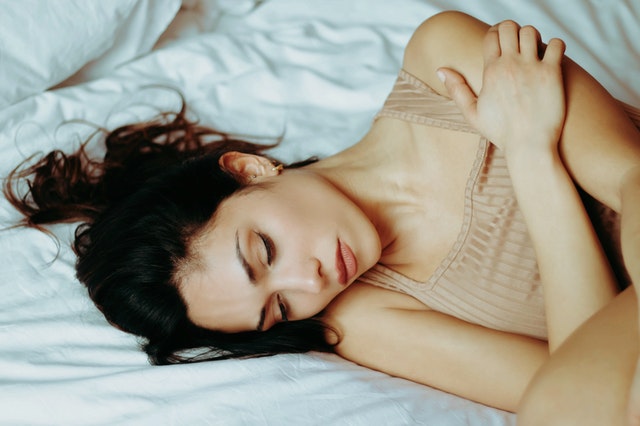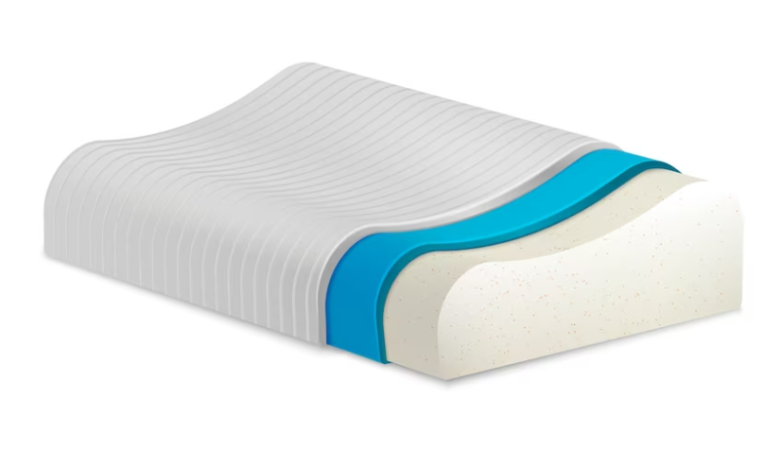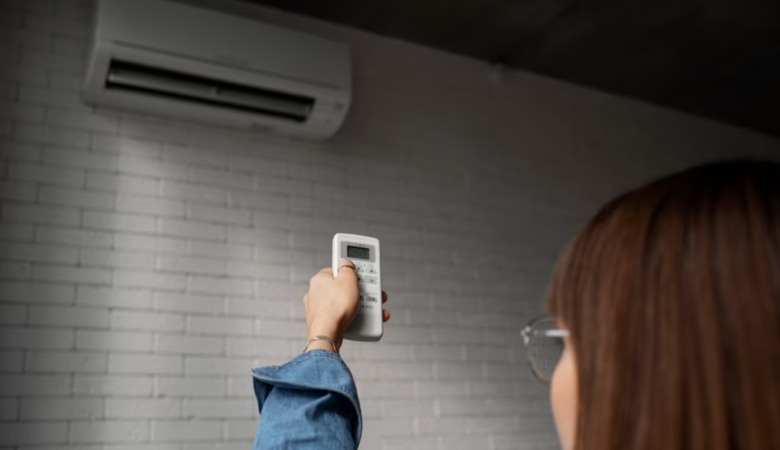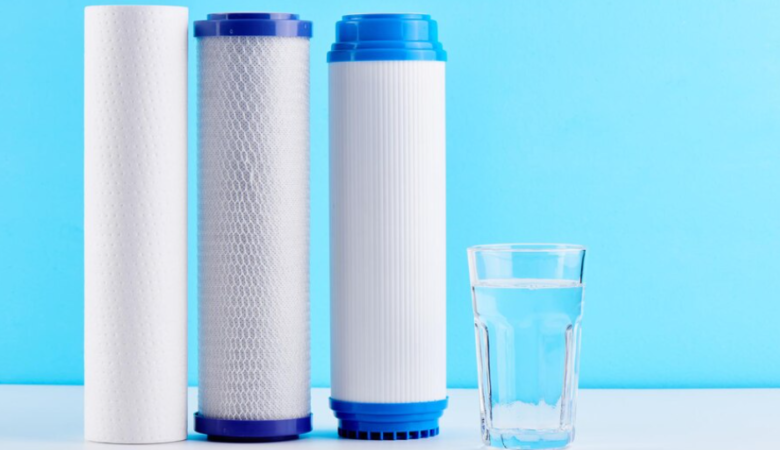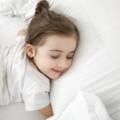Not getting enough sleep skews our ability to control our emotions. In the long term, this may lead to psychological disorders or worsened overall mental health. Conditions like anxiety and depression end up causing further sleep disorders. Most people know firsthand that sleep affects their psychological state, better sleep means better mental health. After all, there’s a reason it’s said that somebody is in an exceedingly bad mood or waking up on the wrong side of the bed, as the saying goes. As it seems, there’s quite a little bit of truth behind this colloquial saying. Sleep is closely connected to mental and emotional health and has demonstrated links to depression, anxiety, manic depressive illness, and other conditions.
While research is ongoing to better understand the connections between mental state and sleep, the evidence so far points to a bidirectional relationship. Mental disorders tend to create sleep disorders as well. At the same time, poor sleep, including insomnia, are often a contributing factor to the initiation and worsening of mental problems. Both sleep and psychological state are complex issues littered with a mess of things, but, given their close association, there’s strong reason to believe that curing sleep disorders can have a beneficial impact on mental state and might be a component of treating many psychiatric disorders.
The Relationship Between Sleep and psychological state
It’s no secret that sleep plays a very important role in a good physical and mental state. Sleep deprivation can leave you feeling irritable and exhausted within the short term, but it may also have serious long-term health consequences. Lack of sleep is linked to a variety of unfavorable health consequences including cardiopathy, type 2 diabetes, and depression.
Some psychiatric conditions can cause sleep disorders, and sleep disturbances may exacerbate the symptoms of many mental conditions including depression, anxiety, and major affective disorder.
Stress
If you’ve ever struggled to get through the day after a night of tossing and turning and not getting good enough sleep, you’re well-acquainted with the disruptive effects of sleep deprivation. Mood changes including increased irritability and anger can make it much harder to deal with even the minor stresses of a regular lifestyle. Poor sleep can make it way more difficult to deal with even relatively minor stress. Daily hassles can develop into major sources of frustration. You may end up feeling frazzled, short-tempered, and frustrated by everyday annoyances. Poor sleep itself can even grow to be a source of stress. You would possibly know that you simply must get some better sleep, then again end up worrying that you simply won’t be able to fall or stay asleep each night.
Depression
Insomnia and other sleep problems are often a symbol of depression, but more recently, research has implicated lack of sleep in actually causing depression. Researchers suggest that addressing insomnia early on could also be a good preventative measure to assist reduce the chance of depression, although more study into this possibility is required.
Treating insomnia is very important thanks to helping improve psychological health and therefore the possibility that such treatments might also be an efficient tool for preventing or maybe treating mental state problems is promising.
Anxiety
As with many other psychological conditions, the connection between hitting the pillows peacefully and anxiety appears to travel in both directions. People with anxiety tend to experience more sleep disturbances, but experiencing sleep deprivation may also contribute to feelings of hysteria. This could become a cycle that perpetuates both sleep and anxiety issues.
Additionally, sleep disorders appear to be a risk factor for developing anxiety disorders. Coping with feelings of hysteria maybe that way more difficult after you are tired from a chronic sleep disorder. Due to this, poor sleep can make the symptoms of tension disorders much worse.
Bipolar Disorder
Sleep disorders are quite common among people with emotional disorders. Such problems can include insomnia, irregular sleep-wake cycles, and nightmares. Manic-depressive psychosis is characterized by alternating periods of depressed and elevated moods. Different and changing bedtime routines will be an indication of the condition, but sleep problems also can play a role within the course of the condition, treatment outcomes, and therefore the individual’s overall quality of life.
Reduced sleep can even cause symptoms of mania or hypomania. Research suggests that changes within the normal sleep/wake cycle preceded the onset of a manic episode in 25% to 65% of participants. If you’ve got an emotional disorder, take time to speak to your doctor about any sleep difficulties that you simply could also be having.
ADHD
Attention-deficit hyperactivity disorder (ADHD) may be a common psychiatric condition, affecting as many as 5.3% of kids between the ages of six and seventeen years old. ADHD is related to sleep disorders, and research also suggests that sleep disturbances could also be a predictor or perhaps a contributor to symptoms of the condition. Children with ADHD may experience a variety of sleep-related problems including difficulty falling or staying asleep, difficulty waking, sleep breathing issues, night waking, and daytime sleepiness.
Sleep better and help change the mental state
In some respects, the treatment recommended for the foremost common sleep problem, insomnia, is the same for all patients, no matter whether or not they also suffer from psychiatric disorders. Lifestyle changes, behavioral strategies, psychotherapy, and medicines comprise this treatment.
Lifestyle changes
The majority know that caffeine contributes to sleeplessness, but so can alcohol and nicotine. Alcohol initially depresses the system, which helps some people go to sleep, but the results wear off during a few hours and folks come to life, awake and hungover. Nicotine may be a stimulant, which speeds pulse rate and thinking. Abandoning these substances is best, but avoiding them before bedtime is another choice if you cannot stop altogether.
Physical activity
Regular aerobic activity helps people go to sleep faster, spend longer in deep sleep, and awaken less often during the night.
Sleep hygiene
Many experts believe that individuals unlearn insomnia, and may find out how to sleep better. A good bedtime routine often includes tips like maintaining a daily sleep-and-wake schedule, using the bedroom just for sleeping or sex and keeping the bedroom dark and free from distractions just like the computer or television. Some experts also recommend sleep retraining- staying awake longer to confirm that sleep is more restful.
Relaxation techniques
Meditation, guided imagery, deep breathing exercises, and progressive muscle relaxation (alternately tensing and releasing muscles) can counter anxiety and racing thoughts, resulting in better sleep.
Bedroom environment
The bedroom environment is essential to the quality of sleep. An old mattress can be the reason for your bad quality of sleep. Find a brand new mattress from Livpure to get the sleep of your dreams- explore a wide range of memory foam mattresses, latex mattresses, ayurvedic mattresses, etc. Aid your sleeping with the pillows from Livpure and feel like you are sleeping on the lap of nature.
Cognitive-behavioral therapy
Because people with insomnia tend to become preoccupied with not falling asleep, cognitive-behavioral techniques help them to alter negative expectations and take a look at them to create more confidence that they’ll have a decent night’s sleep. These techniques may also help to alter the “blame game” of attributing every personal problem during the day to lack of sleep.
Conclusion
Good mental health is directly related to good sleep, they just might be codependent buddies. Do not skip on some extra dose of sleep for the sake of daily sanity and a good relationship with yourself and the people around you. Some simple changes in lifestyle habits and a consultation with your family doctor will help you figure things out better. Go get on your mattress, tuck in some pillows and have a great sleep!

